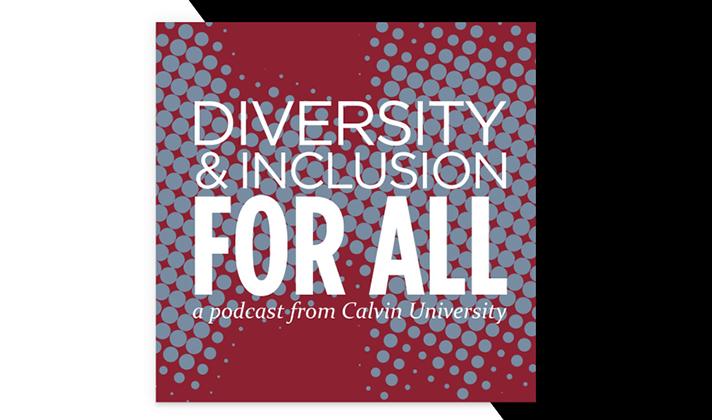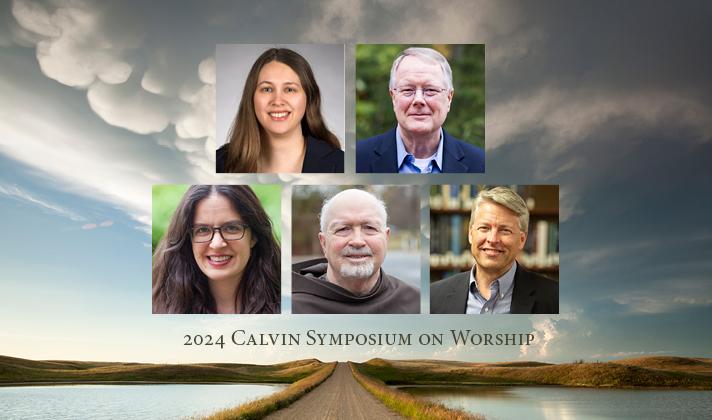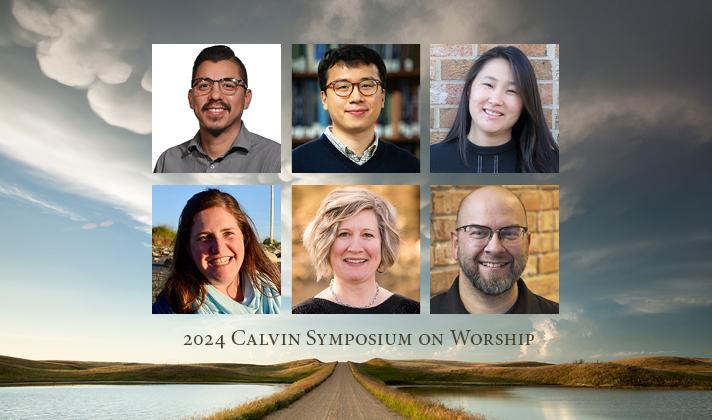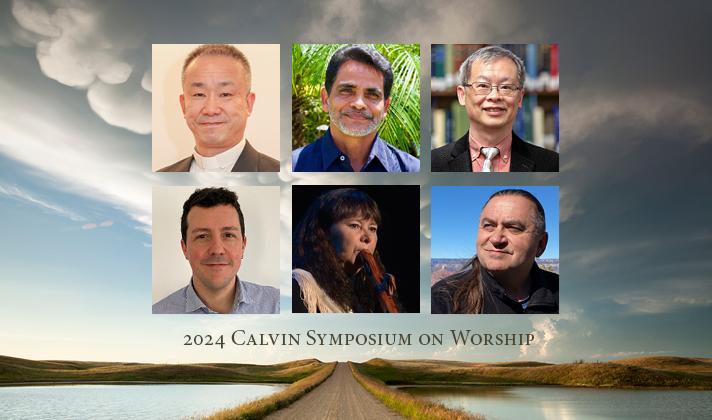How does this psalm piece interpret the psalm?
Psalm 18 is an exuberant testimony of how God “reached down” to rescue and deliver one who cried out in distress to God: “I was attacked, . . . but God rescued me,” and the triumphant refrain: “O Lord, my strength, I love you, God, my rock.” This most popular psalm in Pakistan is especially beloved by the small and often poor Christian minority there; many are illiterate, but most know this long psalm by heart and sing it frequently. In 2009, Emily Brink heard this sung at a youth group meeting, in a church, and at a worship conference, each time sung from memory—and this is a long psalm! She was hosted by Rev. Eric Sarwar, a Presbyterian pastor who was attacked later that year. In 2010, his parents and wife were attacked as well. They took comfort in this psalm praising God’s providence, safety, power, deliverance, and kindness. Sarwar wrote: “In our context of living below the poverty line and facing discrimination and hard challenges every day, it gives hope and encouragement.” The melody is simple and catchy, and the refrain soars with joy. Eric Sarwar and Emily Brink prepared this setting as a testimony of hope for the faithfulness of God, who hears the cries of those who call out for help and deliverance. During the COVID-19 pandemic, when the whole world is crying out to God for deliverance and hope, this psalm offers continuing hope and encouragement.
The striking imagery in Psalm 18 of God’s work in lifting up the lowly and casting down enemies resemble the canticles of Hannah and Mary. Consider singing as a testimony when preaching on the life of David (see 2 Sam. 22); in praise of Christ’s victory over sin and death; and in solidarity and hope with any who continue to cry out to God for deliverance.
Text and Music: Psalm 18; Eric Sarwar; English tr. Emily Brink, © Eric Sarwar and Emily BrinkUsed by permission.
Contact: Eric Sarwar and Emily Brink






